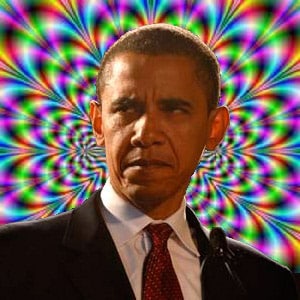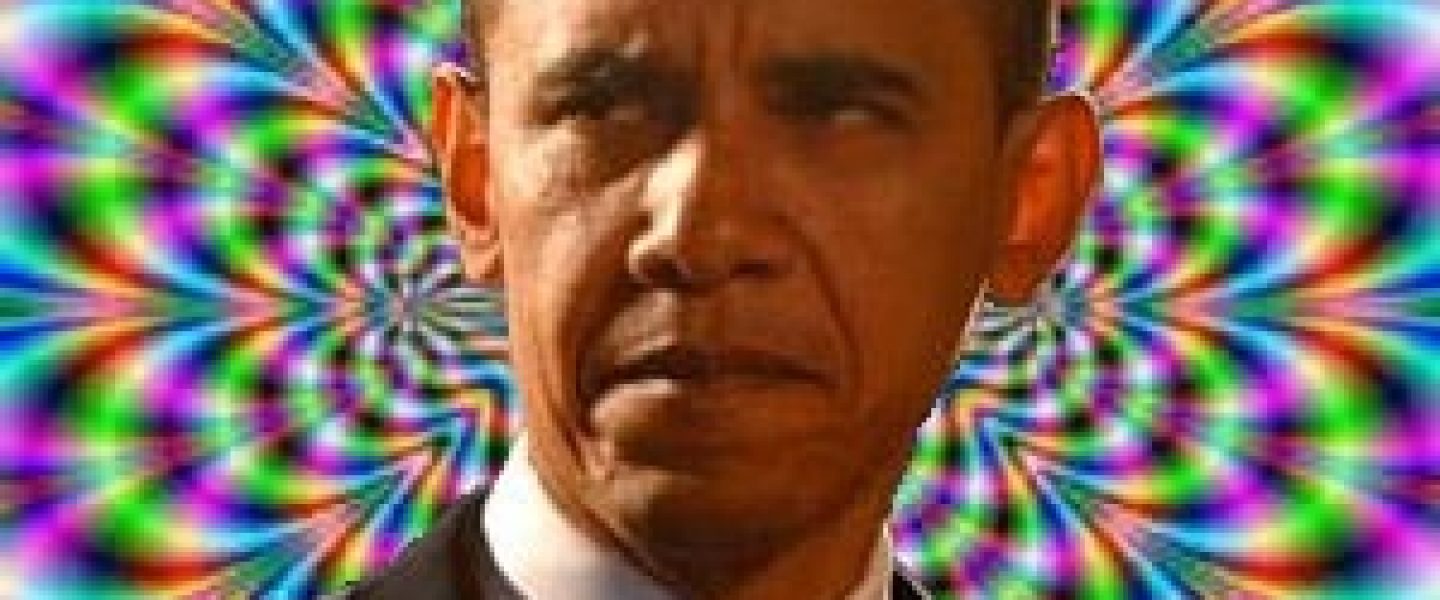 Full replay of the entire press conference will be heard at 2pm and 5pm Pacific on https://radicalruss.com
Full replay of the entire press conference will be heard at 2pm and 5pm Pacific on https://radicalruss.com
Representatives of law enforcement and drug rehabilitation services joined former heads of the Drug Enforcement Administration (DEA), National Institutes on Drug Abuse (NIDA), and the Office of National Drug Control Policy (ONDCP, known as “the drug czar”) in a teleconference for members of the press to reiterate their call for President Obama and Attorney General Holder to more forcefully and publicly oppose the marijuana legalization ballot measures in Washington, Oregon, and Colorado.
The teleconference was moderated by Peter Bensinger, a former DEA head under Presidents Ford, Carter, and Reagan, and currently CEO of Bensinger, DuPont & Associates (BDA), a privately owned professional services company that provides a wide range of consultation, training and employee assistance program services promoting a Drug-Free Workplace. Bensinger explained that legalization of marijuana is expressly forbidden by federal law, the US Constitution, and decisions of the US Supreme Court.
Bensinger claimed that in the states that have legalized medical use of marijuana, accidents, teen use, addiction, and drug rehab admissions have all “skyrocketed”. In fact, research shows that medical marijuana has not led to increased teen use. ”Addiction” to marijuana, as reported by NIDA, affects 9% of first-time initiates, compared to 15% for alcohol and 32% for tobacco. rehab admission have “skyrocketed” as use of drug courts has skyrocketed, which force people caught with marijuana to choose rehab or jail whether they have a dependence issue or not. Finallywhile I don’t have the figures at hand for all the medical marijuana states, in Oregon our workplace injury, illness, and fatality rates are at their lowest recorded levels and nationwide auto accidents, injuries, and fatalities continue to decline even as more and more people have tried marijuana. Bensinger explained that voters in California rejected Prop 19 to legalize marijuana in 2010 because they recognized the threat to public safety and and that it “flies in the face of federal law.”
Former Drug Czar John Walters, now Chief Operating Officer and Executive Vice President Hudson Institute, who once said “finding a first-time, non-violent offender in jail or prison for possession of marijuana is like finding a unicorn, they just don’t exist,” chimed in to remind the press that marijuana is the most prevalent of drugs for which people are seeking treatment. He reiterated that 2.5 million people tried marijuana for the first time this year, more than those how tried cigarettes, and that more American teenagers now smoke marijuana than tobacco. Walters did not address why that is the case, because marijuana smoking rates have held fairly steady while tobacco smoking rates have been on a rapid decline, despite being 3.5 times more addictive than marijuana and legally available to teenagers at age 18.
Walters also claimed that countries that have relaxed their marijuana laws, like Britain and The Netherlands, are now working to reverse those policies. He did not comment on the British scientists who vigorously opposed stronger restrictions on marijuana enacted by a new conservative government and ignored the fact that The Netherlands and Portugal, which he noticeably ignored, have rates of hard drug use, adult marijuana use, and teen marijuana use that are much lower than in prohibitionist America.
A representative from “Chiefs of Police” warned about the public safety risks of legalization. He claimed that Californians rejected Prop 19 because they realized the $1.5 billion they’d take in from taxes would be more than offset by the $4 billion in increased costs from traffic accidents, without citing any source for that claim. He continued by emphasizing that the FDA has never said that marijuana is safe or effective medicine and that dispensaries in medical marijuana states attract crime and violence, despite reports from sheriffs in California and Colorado that this is not true.
The “chief of police” expressed that legalization would sanction marijuana as legally and socially acceptable and, if anything, we should be working to make it less accessible to kids. He is apparently unaware that for decades, kids have found marijuana easier to buy than alcohol because drug dealers don’t check IDs. He also called into question the need to legalize marijuana anyway, since “marijuana’s been decriminalized nearly everywhere and nobody’s rotting in a jail cell over marijuana.” Except that marijuana is only decriminalized in fifteen states, 850,000 are arrested every year and spend at least some time in a jail cell awaiting booking and others end up doing anywhere from a few days to a few years in prison.
During questioning from the press, the prohibition supporters were asked about “worst case scenarios” from law enforcement at the federal level should any of these initiatives pass. Bensinger explained that legalization would not generate tax revenues, because the sellers of marijuana won’t pay state taxes and put themselves in the federal crosshairs, ignoring, of course, the hundreds of medical marijuana dispensaries that are paying state taxes right now.
Dominic Holden from the Stranger asked if any of the prohibitionists believe America is safer overall following the repeal of alcohol prohibition and why would ending marijuana prohibition not also be a net public safety good? Robert DuPont, former director of National Institutes of Drug Abuse and founder of Bensinger, DuPont and Associates, dodged the question by expressing that repeal of alcohol prohibition did increase use of alcohol and associated alcoholism problems. Holden did not relent, asking again about the net good of repealing Prohibition as national public health policy, despite the harms individual drinkers might experience. Bensinger interrupted and cut the conversation short by explaining that we weren’t here to get into a discussion about the history of alcohol prohibition. Walters joined in by explaining that alcohol is legal and we have over 135 million alcohol drinkers; can you imagine the problems we’d have with over 100 million marijuana smokers (as if there are 74 million people not smoking pot now who would if it were legal.)
The press conference concluded with Bensinger taking pains to explain in response to numerous questions that this press conference wasn’t being held for political purposes or to “meddle” in state political affairs. He then reminded everyone how important it is for the federal government to encourage people in Washington, Oregon, and Colorado to vote a certain way on a political issue in their state.
Article originally appeared on National Cannabis Coalition and republished with special permission






